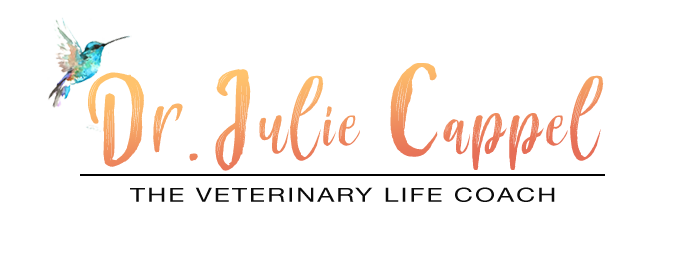I had a particularly busy week working, coaching, and the absolute best part of my week, visiting with my friends. Workdays were packed, and on top of that, getting my house and myself ready for the visits from friends was hectic. Do you ever want to curl up on the couch and avoid all human contact? I do. I feel it, especially after I have had a busy week at work. I don’t really want to socialize, but I know how good it is for me mentally.
So I pushed through and ended up having a fabulous time eating, drinking, and catching up with my friends.
I spent time with my best friend on Friday and my favorite neighbors on Saturday. So much fun and such a treat after the isolation of the pandemic last year.
Why is it that nurturing friendships is so important to us?
Many studies have shown that close friendships keep you healthier both mentally and physically. Loneliness and lack of social connection can lead to depression and isolation. We do need alone time to recharge our batteries after a long day of caring for clients, but friendships and relationships need to be nurtured to enhance our quality of life.
Friends teach you about yourself and challenge you to be better. Being around a friend that starts exercising or volunteering may challenge you to take up the positive habit. They will also express their concern if you are not resting or caring for yourself properly. They are more concerned with your wellbeing than what you can bring to them. Friends will also call you out when you are crabby or acting like a jerk and help you adjust your attitude. Nothing like brutal honesty from a good friend to mend your ways.
Friends encourage and support you when negative things come up in your life. We all deal with disasters; death, trauma, divorce, job loss. Friends will help you deal with the grief. A friend will listen while you cry and support you as you dig yourself out of the ditch. They allow you to wallow without judgment and, when you are ready, help you get up and move on.
Friends celebrate our victories and support during our challenges. Being there for a friend in need also allows you to forget your worries in order to offer support to your friend.
Friends increase the joy in your life. There is nothing like having a good laugh with someone that you trust and admire. Laughter with friends distracts you from your worries and refocuses your mind on important relationships. They allow you to prioritize your time and remind you of what is really important.
If you have a friend you have not seen in a while, contact them and nurture that relationship. It may be just what they need at this moment. If you need a friend reach out and meet one, there are many people in this community of veterinarians that would love to meet you.
Big thanks to my friends, Karen, Kathy, and Steve, for the great company this weekend, allowing me to laugh, and for making my life infinitely better. I am blessed to have you as friends.
Dr. Julie Cappel
“Life is partly what we make it, and partly what it is made by the friends we choose.” — Tennessee Williams















